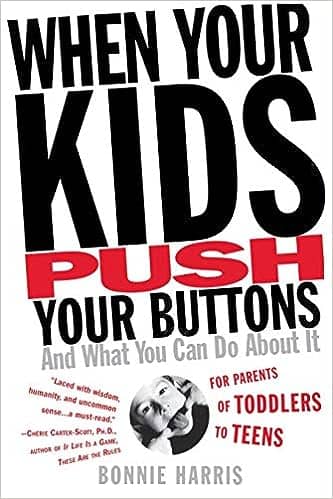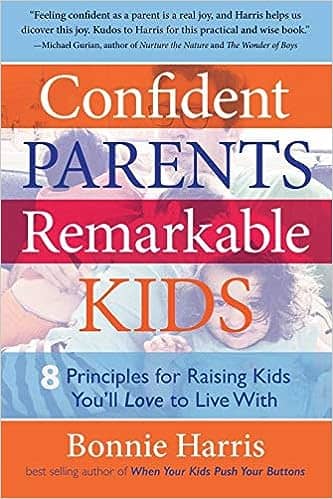|
In this Week's Newsletter
- Featured Story on Why It's Okay To Parent Differently
-
Related Topics:
- Lessons for Everyday Parenting
- When Conflict Between Parents Needs the Big Conversation, Tell Me About Your Kids Podcast episode 25, Jan. 7, 2021
- Plus 1-to-1 Coaching via Zoom, Facetime, or Phone
- And Parenting Support Books in Print, Digital & Audio. (You'll wish your parents had these!)
CONNECT WITH ME
It's Okay To Parent Differently
Q. My husband and I see the world—and parenting—differently. He is a type B personality (always looking for his keys), and my son and I are type A personalities (we never misplace anything because there’s a place or “home” for everything and everything in its place). How do we raise our son with two different and most times opposing parenting styles? Do we go by Mom’s style when Dad’s at work and Dad’s way when Mom’s at work. I figure that our son is learning to be flexible and learning that different rules apply at different homes or with different people. My husband, on the other hand, thinks we’re confusing him. He and my son seem to butt heads more often than our son and I do. When this happens, my husband thinks we are ganging up on him.
A. Whoever is in charge of the situation should handle it the way that one sees fit. Allow the differences up to a point. When one highly disagrees, save any talk until that night and begin with “I.” Then come up with a way to handle it that you both can agree on. This is the talk that usually never gets done and can make all the difference.
If you can create an atmosphere in your home that tolerates and accepts differences, think what modeling that means for his views of the world. If all homes could model this, what a different world we would have.
|
From a parent who was NOT raised with Connective Parenting:
"50 years later and so much therapy, I finally realize what a blessing it is to be sensitive and how fabulous feelings are!"
Susan Singer · Connective Parent
|
|
|
Lessons for Everyday Parenting
The first and most important step in shifting effectively to a connective approach is knowing that your needs are just as important as your child’s, that taking care of yourself is as important as taking care of your child.
Then comes problem solving (which is the connective replacement for punishment). It means stating your case, hearing, understanding, and considering your child’s case and then coming to an agreement—”How can we make this work for both of us?”
Finally, it’s called compromise, making an agreement, negotiating, bargaining, a meeting of the minds, resolving a problem.
|
COACHING
Let go of old habits that distance you from your kids.
Set up a private session and work with me via phone, Zoom, or Facetime. Choose a 30 (free), 60 or 90-minute session.
|
|
|
|
|
When Conflict between Parents Needs the Big Conversation
Most parenting partners face conflict about how to handle the kids. Conflict quickly triggers anger, resentment and blame. Rarely does the necessary conversation happen after emotions are cooled. Anger and resentment get squashed—but not forgotten.
In this first Community Pieces episode, Bonnie talks with mediator and conflict resolution coach, Adar Cohen, who leads big conversations in conflict zones around the world and in family rooms. Bonnie and Adar discuss both the approach and the how-to of the big conversation so understanding results.
Listening well is the quickest way to be heard.
|
THE BOOKS YOU WISH YOUR PARENTS HAD!
Audio, Kindle & Print

Ready to find out why you react the way you do when your kids drive you crazy?
(And wherever you listen to your favorite reads.)
|
|

For parents who want a calmer, less stressful, healthier relationship with their kids.
|
|
|